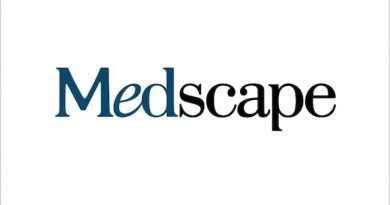Scientists gain ground on rare congenital neurological disorder: Two preclinical studies identify possible new therapies for patients with Allan-Herndon-Dudley syndrome
Two recent discoveries co-led by scientists at Cedars-Sinai may help lead to new ways to treat patients with Allan-Herndon-Dudley syndrome (AHDS), a brain development disorder that causes severe intellectual disability and problems with movement.
In the first study, published in the peer-reviewed journal Thyroid, scientists at Cedars-Sinai and at the University of Chicago identified a gene therapy that can potentially help prevent or reduce the devastating neurological symptoms in patients diagnosed with AHDS.
“There currently are no successful therapies for treating the neurological symptoms that occur as a result of this condition,” said co-corresponding author Clive Svendsen, PhD, professor of Biomedical Sciences and Medicine and executive director of the Cedars-Sinai Board of Governors Regenerative Medicine Institute. “However, we’re finding gene therapies to be a promising new way to treat developmental neurological disorders, like AHDS.”
The disorder, typically diagnosed in childhood and only in males, is caused by a mutation in a thyroid hormone “transporter” known as MCT8, that is tasked with carrying thyroid hormones across the blood-brain barrier and into brain cells. This process is critical for human brain development and function. A breakdown in the process can lead to serious intellectual disability and problems with speech and movement. Most affected children do not walk or talk.
To counteract this issue, investigators tested the potential of a viral gene therapy, AAV9-MCT8, to determine whether it could correct brain defects in mice that carry the mutation and possess symptoms of the disease. The AAV9 vector acts as a carrier that helps deliver genetic material, like MCT8, into cells.
“We thought we might be able to get the transporter back with an AAV9 vector by genetically modifying it so it will produce the protein MCT8,” said Svendsen, who is also the Kerry and Simone Vickar Family Foundation Distinguished Chair in Regenerative Medicine.
Source: Read Full Article



